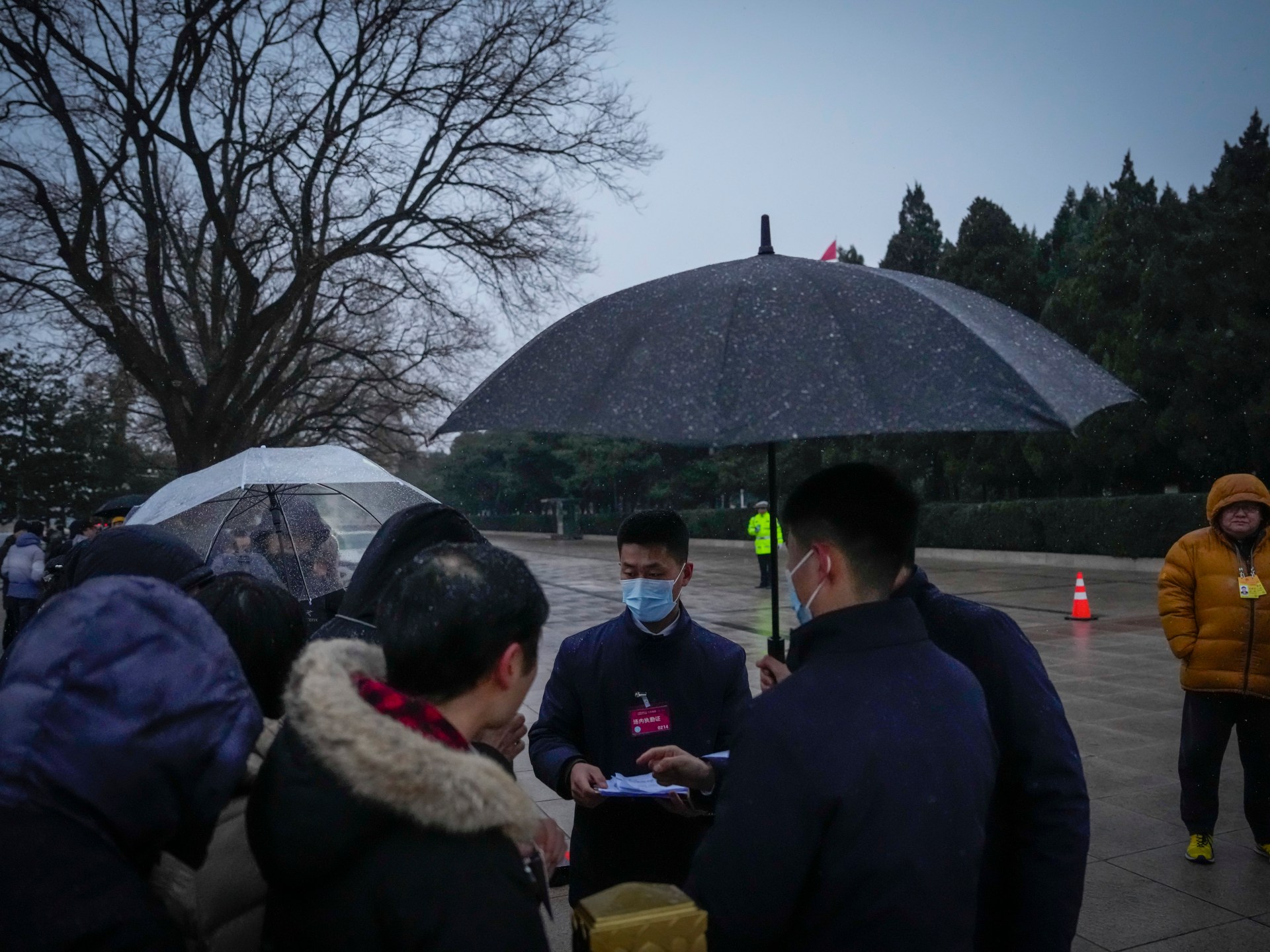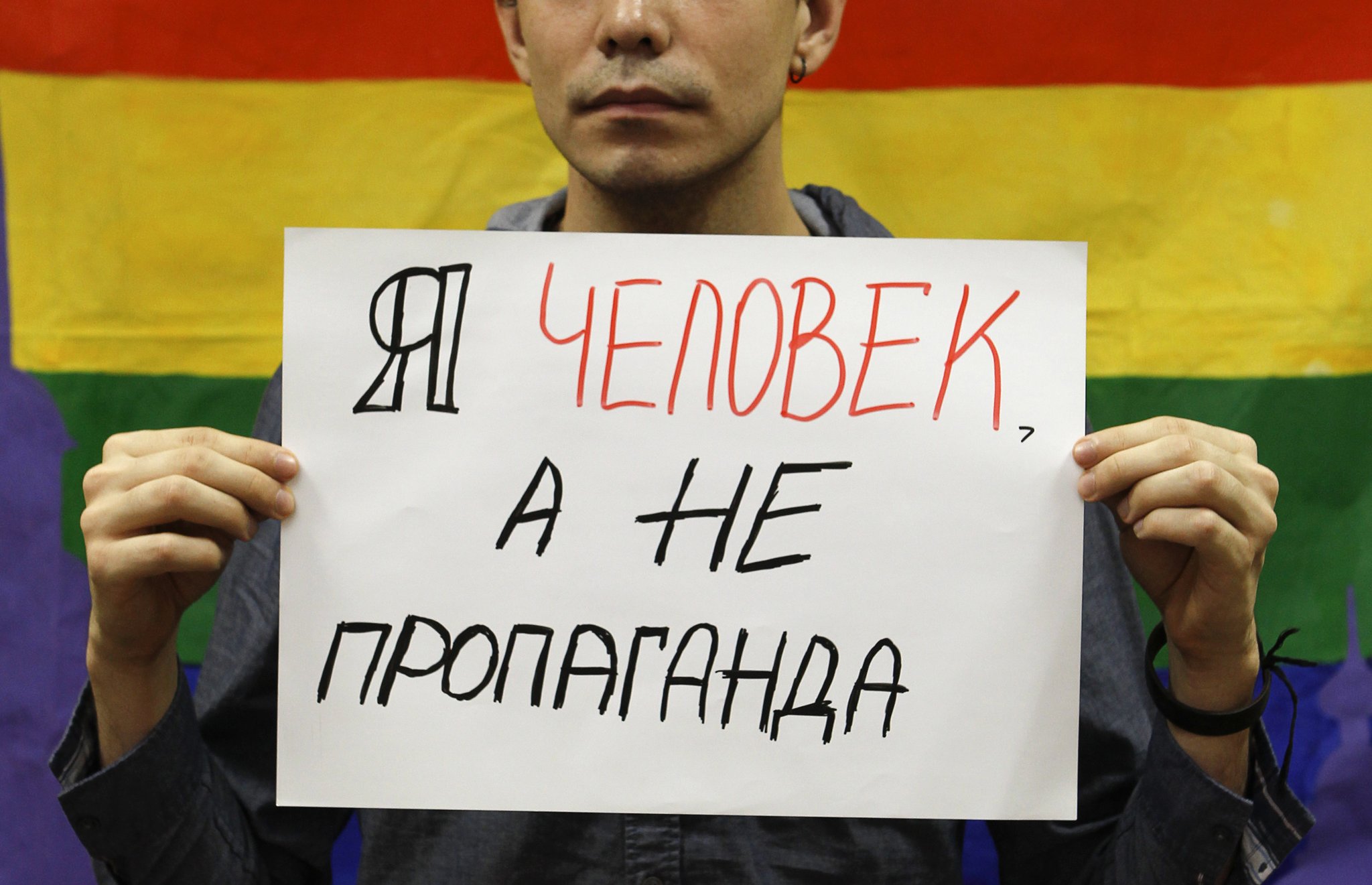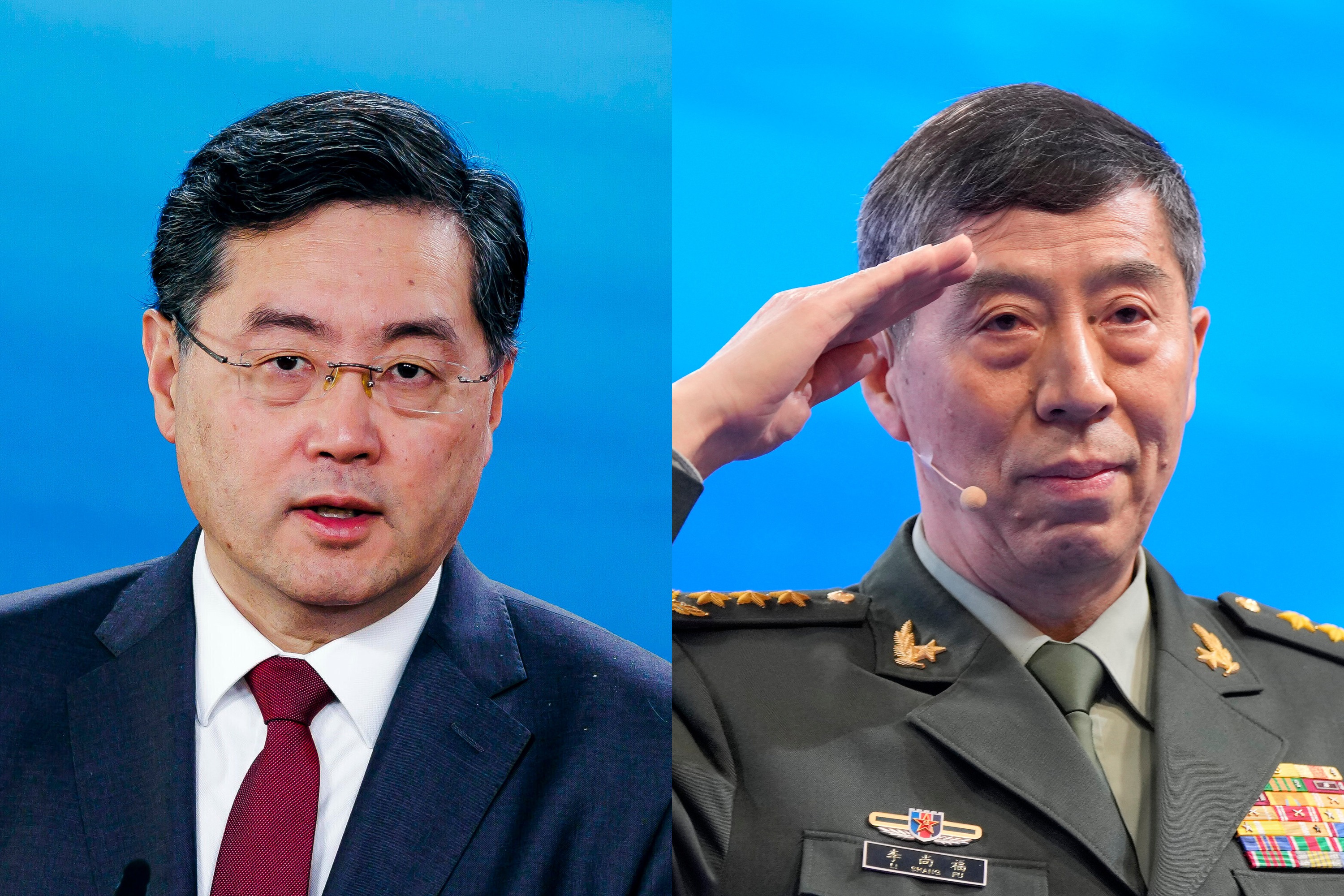Russia's Roskomnadzor Tightens Grip On Internet Freedom. Roskomnadzor, Russia's internet regulator, has recently taken steps to further tighten its control over the internet in the country. This has raised concerns among human rights groups and internet freedom advocates, who argue that these measures will further restrict access to information and stifle dissent.
Editor's Notes: Russia's Roskomnadzor Tightens Grip On Internet Freedom have published today date, March 20, 2023. This is an important topic to read because it provides insight into the current state of internet freedom in Russia.
We have done some analysis of the topic Russia's Roskomnadzor tightens grip on internet freedom and have put together this guide to help you understand the issue.
Key differences
| Feature | Before | After |
|---|---|---|
| Website blocking | Roskomnadzor could block websites that it deemed to be illegal or harmful. | Roskomnadzor can now block websites without a court order. |
| Internet surveillance | Roskomnadzor could monitor internet traffic and collect data on users' online activities. | Roskomnadzor can now require internet service providers to install deep packet inspection (DPI) equipment, which allows it to inspect all internet traffic. |
| Online speech | Russians were free to express their opinions online, although there were some restrictions on hate speech and extremism. | Roskomnadzor can now punish people for spreading "false information" or "disrespecting the authorities" online. |
Main article topics
- Roskomnadzor's recent actions to tighten its control over the internet in Russia.
- The concerns raised by human rights groups and internet freedom advocates about these measures.
- The implications of these measures for internet freedom in Russia.
FAQ
In response to Russia's Roskomnadzor Tightens Grip On Internet Freedom, here are some frequently asked questions that explore its implications:
Question 1: What is Roskomnadzor and what are its goals?
Roskomnadzor, the Federal Service for Supervision of Communications, Information Technology and Mass Media, is the Russian government agency responsible for regulating and monitoring the internet, mass media, and communications. Its stated goals include protecting national security, public order, and morality, as well as ensuring the safe and stable functioning of the Russian internet.

Media feel pressure to tell ‘positive’ China story as party tightens - Source www.aljazeera.com
Question 2: How is Roskomnadzor tightening its grip on internet freedom?
Roskomnadzor has been implementing various measures to increase its control over the internet in Russia. These include:
- Blocking access to websites and online content deemed to be illegal or harmful, such as those containing extremist or terrorist propaganda.
- Requiring internet service providers (ISPs) to install deep packet inspection (DPI) technology, which allows the government to monitor and filter internet traffic.
- Introducing new regulations that require online platforms to remove certain types of content, such as "fake news" or "disinformation."
Question 3: What are the implications of Roskomnadzor's actions for internet freedom in Russia?
Roskomnadzor's actions have raised concerns among human rights groups and internet freedom advocates. They argue that these measures give the government excessive control over the internet and restrict the free flow of information. Critics also worry that the new regulations could be used to suppress dissent and silence critical voices.
Question 4: What are some examples of websites and content that have been blocked by Roskomnadzor?
Roskomnadzor has blocked access to a wide range of websites and online content, including:
- Social media platforms, such as Twitter and Facebook.
- News websites, such as Meduza and The Moscow Times.
- Blogs and websites of opposition figures and human rights organizations.
Question 5: What can be done to resist Roskomnadzor's crackdown on internet freedom?
There are a number of things that can be done to resist Roskomnadzor's crackdown on internet freedom, including:
- Using virtual private networks (VPNs) to bypass government blocks.
- Supporting independent media and online platforms that are not controlled by the government.
- Advocating for internet freedom and human rights online and offline.
Question 6: What is the future of internet freedom in Russia?
The future of internet freedom in Russia is uncertain. Roskomnadzor's crackdown on internet freedom is likely to continue, and it is possible that the government will introduce even more restrictive measures in the future. However, there is also a strong movement of internet freedom activists in Russia who are working to resist the government's efforts to control the internet.
As the situation in Russia continues to evolve, it is important to stay informed about the latest developments and to support those who are working to defend internet freedom.
Tips for Maintaining Internet Freedom in Light of Roskomnadzor's Tightened Grip
The recent actions taken by Russia's Roskomnadzor have cast a shadow over internet freedom within the country. To counter these measures and preserve online expression, the following tips offer practical guidance for individuals and organizations.
Tip 1: Use Virtual Private Networks (VPNs) to Access Restricted Content
VPNs create encrypted tunnels that allow users to access the internet through servers in different locations. This bypasses regional restrictions and provides access to websites and content that may be blocked by Roskomnadzor.
Tip 2: Support Independent Media and News Outlets
Independent media organizations play a crucial role in providing uncensored information. By supporting these outlets through subscriptions, donations, or sharing their content, individuals can help ensure that alternative voices remain accessible.
Tip 3: Utilize Decentralized Platforms for Communication
Decentralized platforms, such as Telegram or Signal, offer secure and encrypted messaging services. These platforms are less susceptible to government control and enable users to communicate privately and without censorship.
Tip 4: Share Information and Raise Awareness
Awareness is key in combating internet censorship. By sharing information about Roskomnadzor's actions and the importance of internet freedom, individuals can help mobilize support and draw attention to the issue.
Tip 5: Use Circumvention Tools to Access Blocked Websites
Various circumvention tools, such as Tor or Psiphon, can help users access blocked websites by routing traffic through multiple servers or obscuring IP addresses. These tools can be invaluable for bypassing censorship.
Summary:
Maintaining internet freedom in the face of Roskomnadzor's actions requires vigilance, technological adaptability, and collective effort. By employing these tips, individuals and organizations can continue to exercise their right to free expression online and resist censorship.
Russia's Roskomnadzor Tightens Grip On Internet Freedom
Russia's internet regulator, Roskomnadzor, has recently intensified its control over online content and activities. This move has raised concerns about the erosion of internet freedom and the suppression of dissent within the country.
- Censorship expansion: Roskomnadzor has broadened its authority to block websites and content it deems inappropriate or harmful, including political and social commentary.
- VPN restrictions: The regulator has taken steps to hinder the use of virtual private networks (VPNs), which allow users to bypass government internet controls.
- Pressure on social media: Roskomnadzor has pressured social media companies to remove or censor content critical of the government or its policies.
- Increased surveillance: The agency has expanded its surveillance capabilities to monitor online activity and identify potential threats to the regime.
- Tightening of online media laws: New laws have been introduced to give Roskomnadzor greater power to control online news and media sources.
- Chilling effect: The heightened scrutiny has created a chilling effect on free speech, as individuals and organizations fear retaliation for expressing their views.
These actions demonstrate Russia's growing determination to assert control over its online space. They raise significant questions about the future of internet freedom in the country and its impact on the free flow of information and expression.

Openly 🏳️🌈 on Twitter: "🇷🇺 Russia's media regulator Roskomnadzor has - Source twitter.com
Russia's Roskomnadzor Tightens Grip On Internet Freedom
Russia's Roskomnadzor, the state agency responsible for internet regulation, has recently implemented new measures to tighten its grip on internet freedom. These measures include expanding the agency's powers to block websites, monitor online activity, and punish those who disseminate "extremist" content. This crackdown on internet freedom is part of a broader trend toward increased government control over the internet in Russia, which has intensified since the country's annexation of Crimea in 2014.

What to Make of China’s Mysteriously Missing Ministers | TIME - Source time.com
The new measures have been met with criticism from human rights groups, who argue that they will stifle dissent and restrict access to information. They also point out that the definition of "extremist" content is often vague and subjective, which gives the government wide latitude to censor any content it deems threatening. In addition, the new measures have raised concerns about the privacy of Russian citizens, as Roskomnadzor will now have the power to monitor online activity and collect personal data without a warrant.
The crackdown on internet freedom in Russia is a serious threat to democratic values and human rights. It is important to monitor this situation closely and to speak out against any further attempts to restrict internet freedom.
Table: Key Points
| Point | Description |
|---|---|
| Expansion of Roskomnadzor's powers | The agency can now block websites, monitor online activity, and punish those who disseminate "extremist" content. |
| Vague definition of "extremist" content | This gives the government wide latitude to censor any content it deems threatening. |
| Concerns about privacy | Roskomnadzor will now have the power to monitor online activity and collect personal data without a warrant. |
| Threat to democratic values and human rights | The crackdown on internet freedom stifles dissent and restricts access to information. |
Conclusion
The crackdown on internet freedom in Russia is a serious threat to democratic values and human rights. It is important to monitor this situation closely and to speak out against any further attempts to restrict internet freedom.
The internet has become an essential tool for communication, information, and commerce. It is also a powerful tool for promoting democracy and human rights. The Russian government's crackdown on internet freedom is a reminder that the internet is not always a safe space for free expression. We must continue to fight for the right to a free and open internet for all.
Posting Komentar